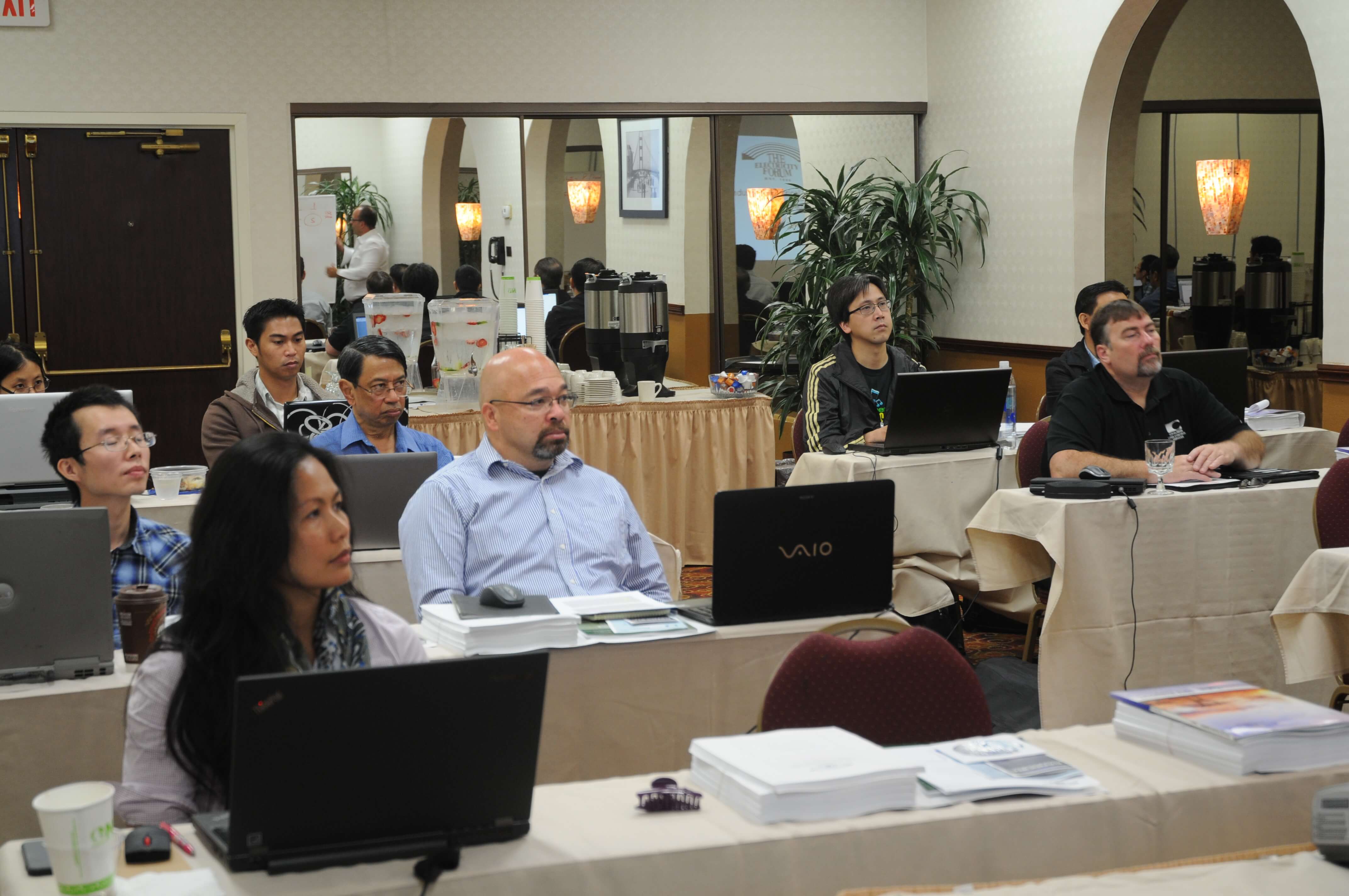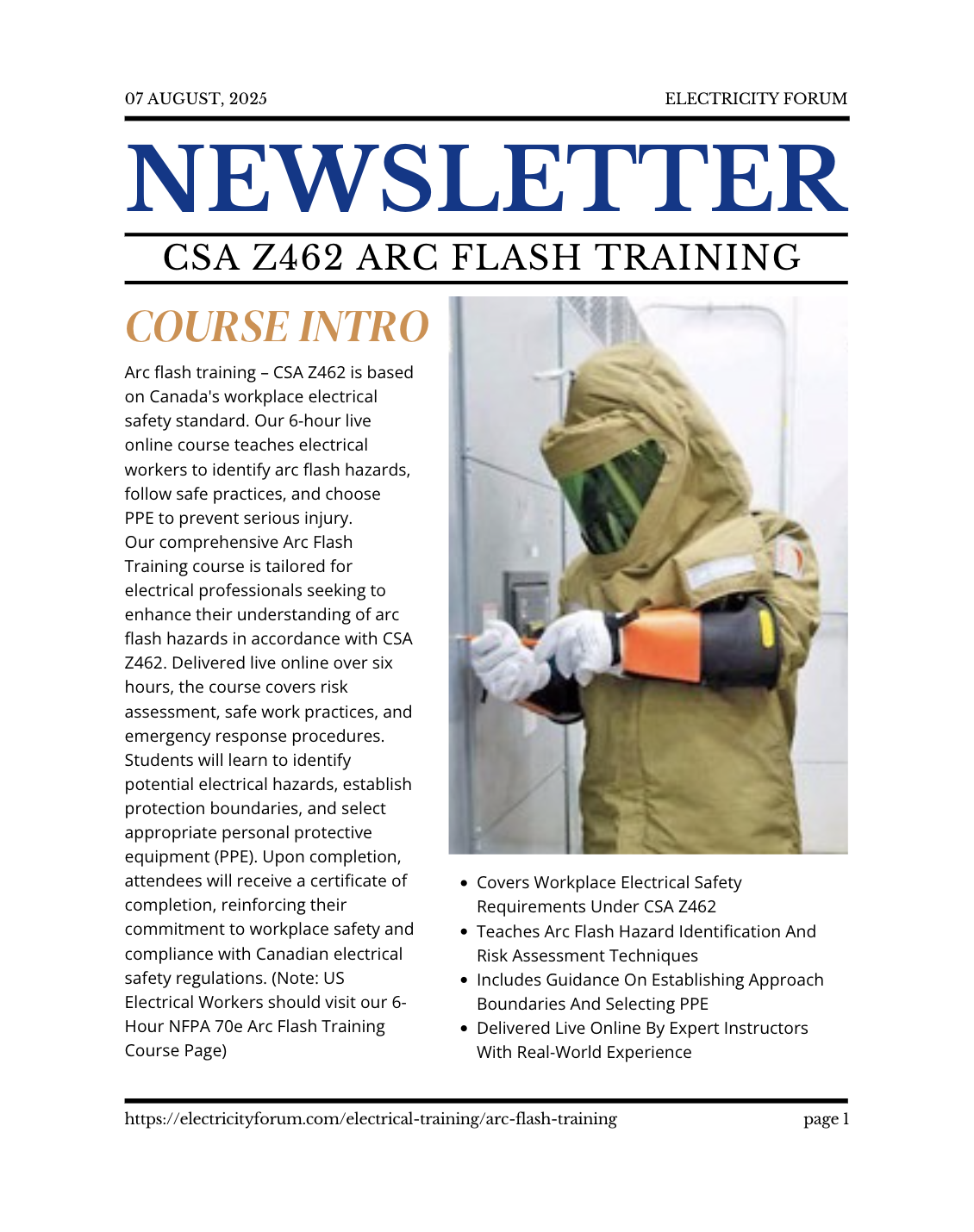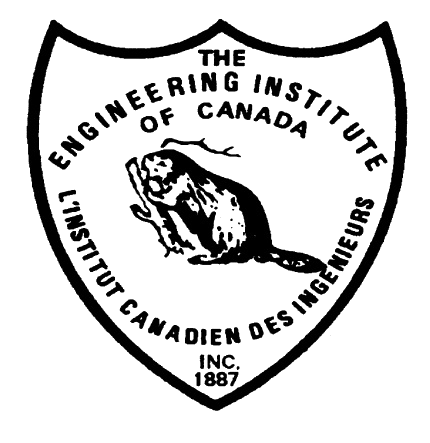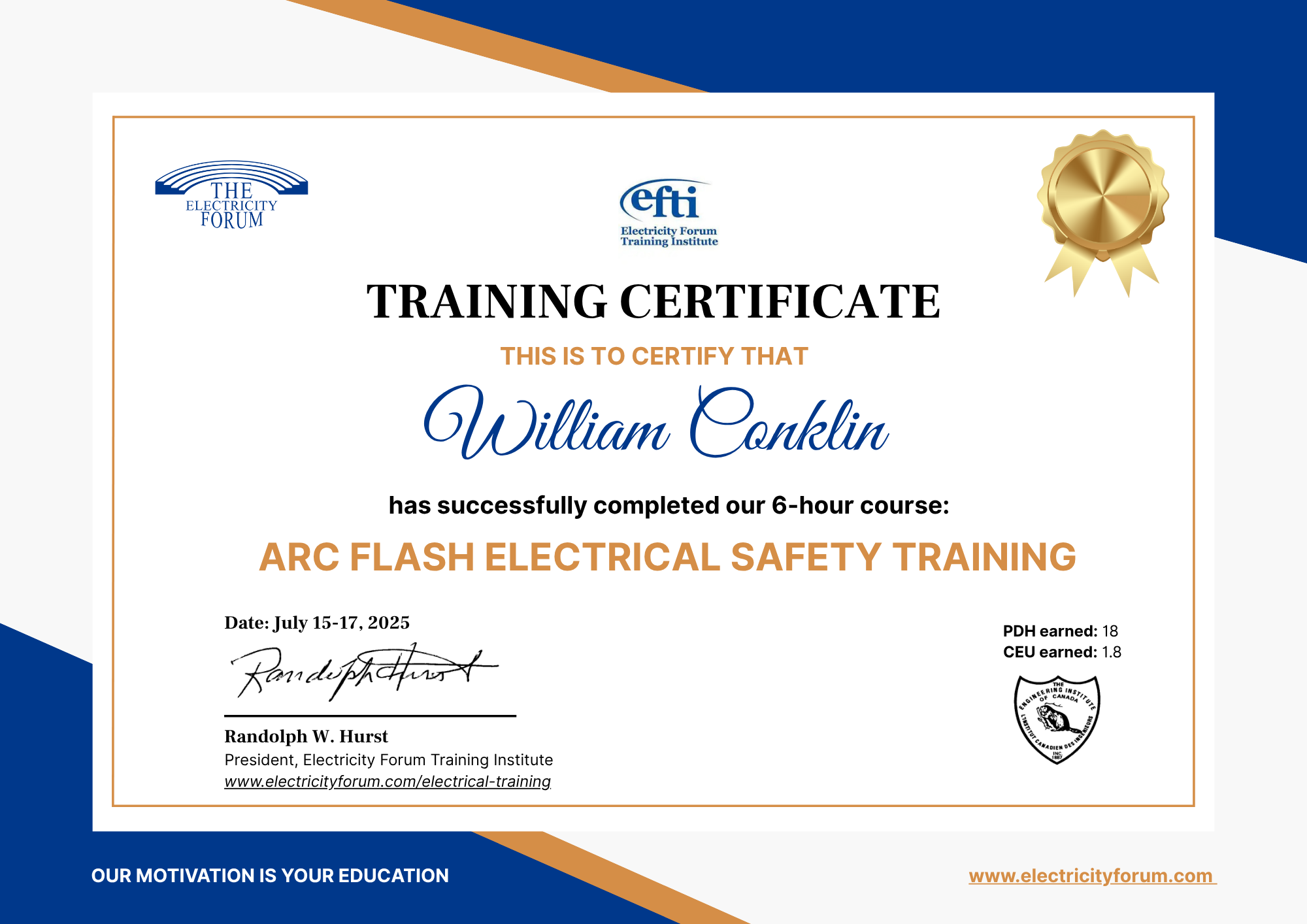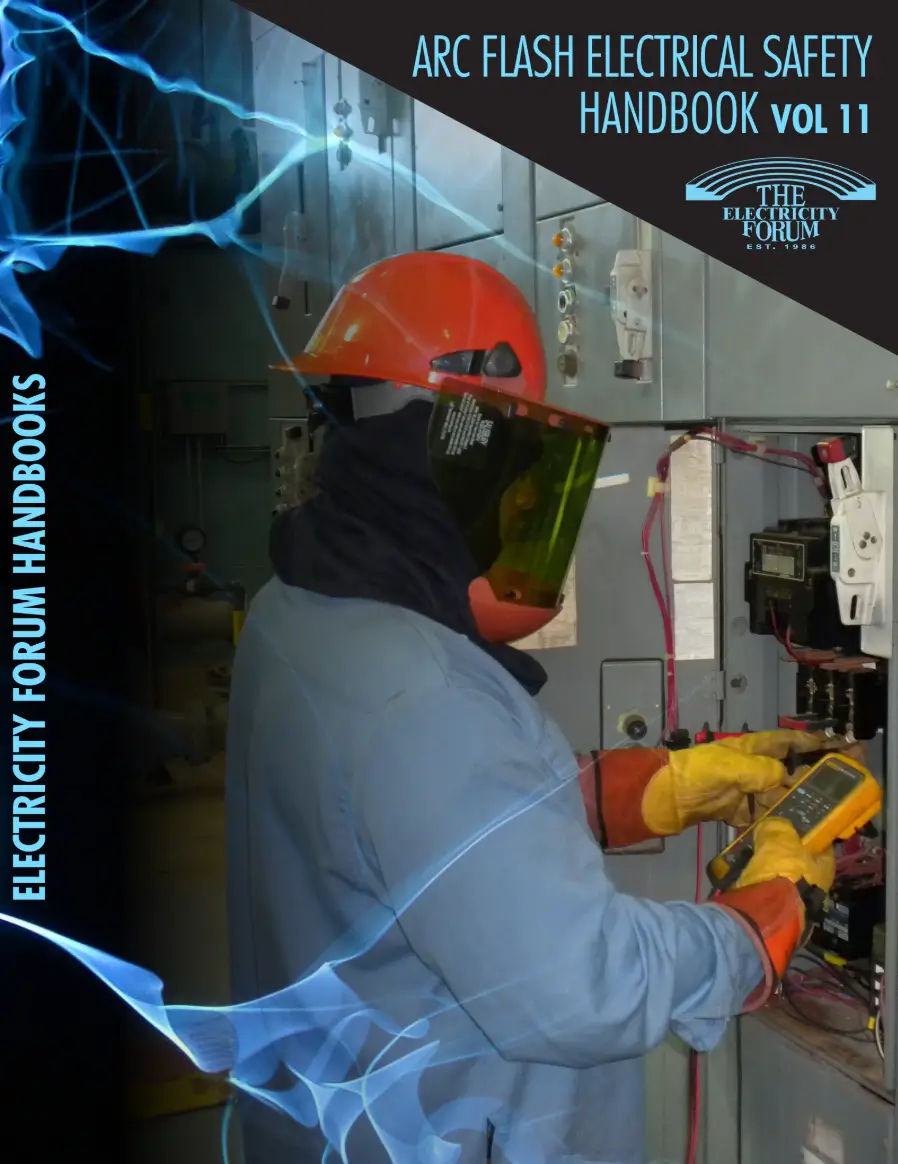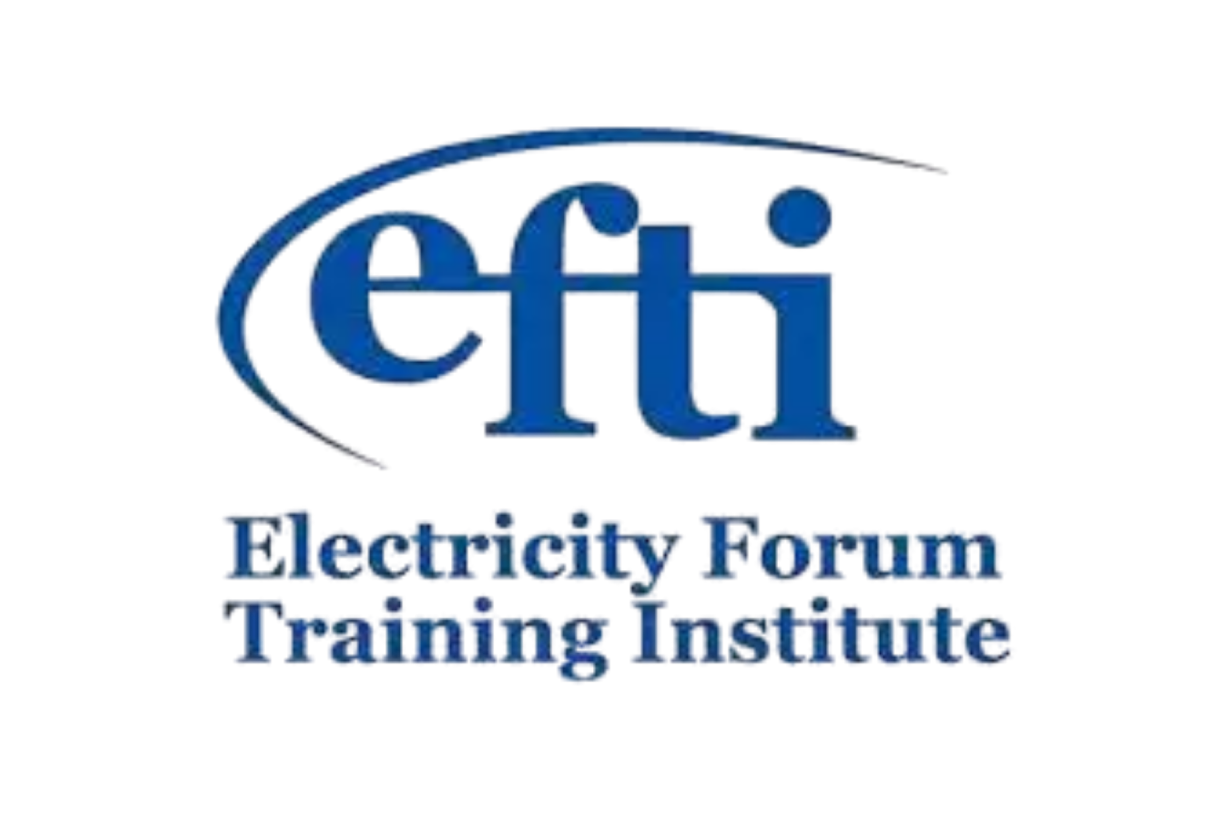NFPA 79 Training teaches electrical professionals how to apply the Industrial Machinery Electrical Standard to ensure equipment safety, reduce electrical hazards, and maintain OSHA and NFPA compliance through proper wiring, grounding, and control system design.
Why NFPA 79 Training Matters
-
Covers NFPA 79 requirements for the electrical safety of industrial machinery.
-
Teaches compliance with OSHA and NFPA standards for equipment safety.
-
Explains control panel design, wiring methods, and grounding practices.
Our 12-hour, instructor-led NFPA 79 training course delivers essential instruction on electrical safety and reliability for industrial machinery, based on the latest 2024 edition of NFPA 79. Designed for technicians, electricians, engineers, and maintenance personnel, the course focuses on minimizing equipment downtime, ensuring safe repair practices, and achieving compliance with evolving industry standards.
NFPA 79 Training provides essential guidance on the design and installation of machine electrical systems in compliance with NFPA 79 standards. These standards ensure that production equipment is built and maintained to minimize electrical hazards, prevent downtime, and meet OSHA and NFPA safety requirements. By understanding how to properly wire, ground, and protect industrial machinery, participants learn to create safer, more reliable electrical systems that support efficient manufacturing operations and regulatory compliance.
What is NFPA 79?
NFPA 79-2024 is the definitive Electrical Standard for Industrial Machinery across North America. It sets the benchmark for protecting workers, equipment, and facilities from electrical and fire hazards. The updated 2024 edition includes critical revisions, such as new SCCR labelling rules, enhanced surge protection requirements (SPDs), clarified grounding procedures, and updated marking practices for live circuits.
The standard applies to electrical equipment or systems operating at nominal voltages of 1000 volts or less and governs the connection point of supply circuit conductors to the machine. It bridges the regulatory gap between NFPA 70 (NEC), which covers electrical installations up to the equipment, and the internal design and wiring of the machinery itself.
Overall Course Themes
This NFPA 79 Training course helps students confidently interpret and apply NFPA 79-2024 in real-world industrial settings. Students will learn how to use the standard as a guide for wiring methods, circuit protection, control panel layout, grounding techniques, and preventative maintenance strategies.
-
Safety First: Emphasizing worker protection, equipment reliability, and fire prevention through code compliance.
-
Code Clarity: Demystifying NFPA 79-2024 and related standards to enable accurate interpretation and application.
-
Hands-On Relevance: Translating technical standards into real-world procedures for maintenance, repair, and modification.
-
Downtime Reduction: Teaching proactive strategies to prevent recurring issues and equipment failures.
-
Regulatory Alignment: Ensuring understanding of how NFPA 79 integrates with NFPA 70, NFPA 70E, NFPA 70B, and OSHA electrical safety standards compliance.
-
Modernization & Cybersecurity: Addressing the evolving needs of machine safety in the digital age, including SPD protection and access security.
Learning Outcomes
-
Reduce downtime by understanding how to maintain machinery in compliance with current codes
-
Diagnose and resolve recurring equipment issues linked to electrical design
-
Apply updated practices for conductor sizing, circuit protection, and component labeling
-
Improve safety and equipment longevity through better preventative maintenance
This is the most current and practical course available for professionals responsible for maintaining or modifying electrical controls in industrial production environments.
Related Courses






